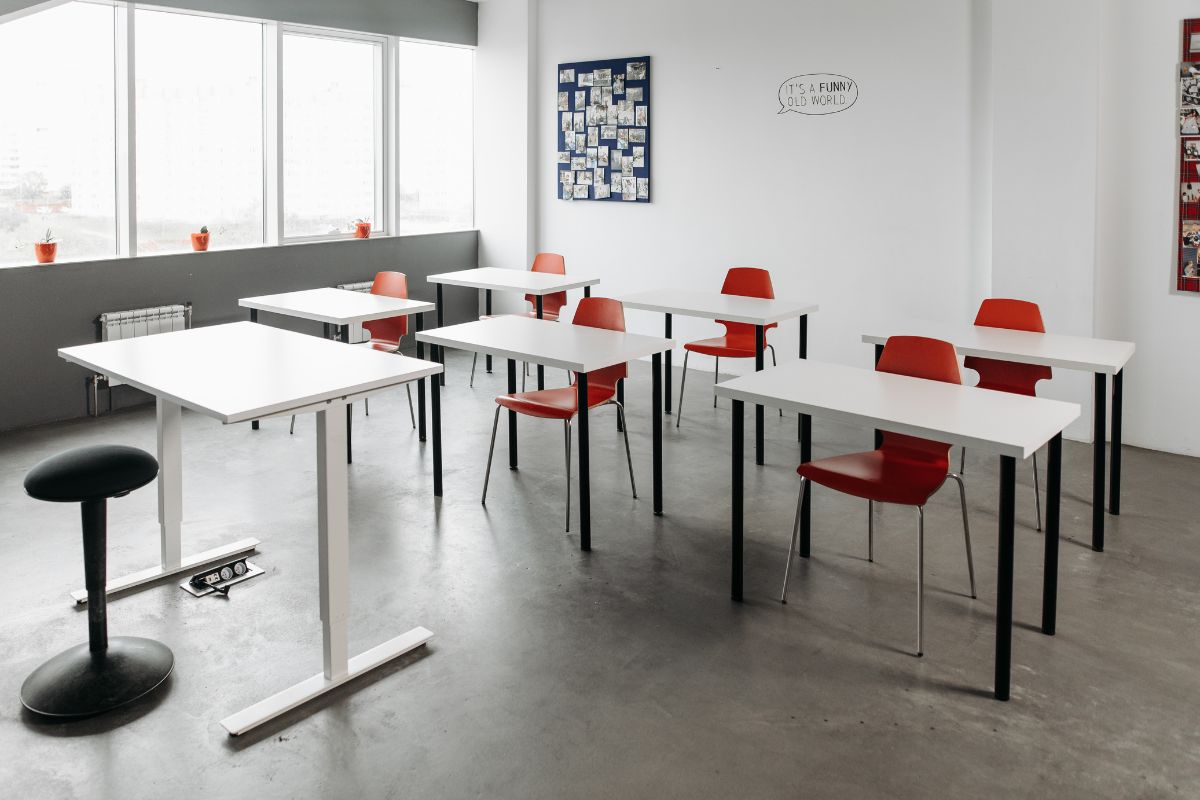SQA set to be hit by strike action in escalating pay dispute

400 Unite members taking industrial action over three months at nation’s education qualifications body
Around 400 Unite members will take 24-hour strike action tomorrow (Friday 23 February) as part of an escalating pay dispute at the Scottish Qualifications Authority (SQA).
The union can confirm further talks were held this week which led to no substantive change in the pay offer by the SQA. Unite members will hold the first of two 24 hour strikes on Friday with the next strike scheduled to take place on 29 February.
Picket Lines: Scottish Qualifications Authority
Glasgow – The Optima Building, 58 Robertson Street, Glasgow. Pickets will be present from 09:00 until 11:00.
Edinburgh – 24 Wester Shawfair, Danderhall, Dalkeith, EH22 1FD. Pickets from 08.30 until 10.30.
The media are invited to visit for the purposes of interviews with Unite officials.
An overtime ban, a ban on weekend working and a ban on accruing time-off in lieu also came into effect on 16 February. This action short of a strike will continue until 10 May. Unite members supported strike action by 72 per cent on an 80 per cent turnout.
Sharon Graham, Unite general secretary, said:
“The pay offer made by the SQA represents a brutal pay cut. Our members will not accept being so undervalued by senior management.”
“Unite will support our members all the way in the fight for better jobs, pay and conditions at the SQA.”
The pay dispute centres on the SQA’s two-year pay offer for 2023 and 2024. For the majority of Unite’s SQA membership, the pay offer equates to no more than 5.75 per cent in 2023, and 3.15 per cent in 2024.
Unite at eleventh hour talks this week made a counter proposal to the SQA to put forward a pay proposal for a one year pay deal which the union could ballot its members on in an effort to avoid strike action but this was rejected.
The union believes the industrial action – action short of a strike and strike action – will accumulate to have a ‘major impact’ on the SQA’s ability to prepare for the student exam season.
Alison Maclean, Unite industrial officer, said:
“Unite has attempted to resolve this dispute through negotiation for months. Even this week we put forward counter proposals which could have averted strike action. This was rejected outright by SQA’s senior management who are in turn blaming the Scottish government over a lack of money to fund a better deal.”
“Let’s be clear that the blame for this situation lies both with the SQA and the Scottish Government who are the ultimate paymasters. Both should be under no illusions that months of industrial action will create a major impact on the coursework marking and external verification process.”
The union’s members work in all grades and job roles at the nation’s education qualifications body including administrators, managers, processors and researchers. The SQA is estimated to employ around 1,000 people.
SQA spokesperson said:
“Industrial action by Unite began last week. This is regrettable, but we have robust contingency plans in place and can reassure learners that there is no impact on their coursework, exams or grades. The majority of SQA staff will be at work tomorrow, working hard to deliver for learners.
“Instead of unnecessary scaremongering, Unite should do the responsible thing and negotiate on a serious basis. At our request, they attended a meeting this week designed to break the deadlock but despite a number of extra benefits being added to the existing deal, Unite again rejected an offer outright, without going to their members. Unite’s request for a one-year deal isn’t new and would breach public sector pay policy which we are required to adhere to, along with other public bodies.
“The pay offer on the table represents a total average increase of 7.43% in year one and a further total average rise of 5.19% in year two, including pay progression. It is the best offer possible which is affordable and within the limits of public sector pay.”











Responses